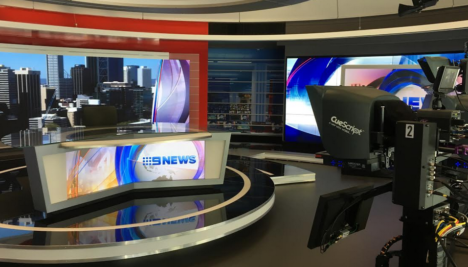Perth report: Tough times give way to green shoots for media and marketers
Closer to Asia than the East Coast and in the midst of an economic downturn Western Australia sometimes feels like another country. But beneath the gloom there is a belief the market is ready to turn. Mumbrella speaks with Perth’s media and advertising leaders about the future of the market.
The boom/bust economy of Western Australia has the region’s media companies and agencies looking for fresh opportunities as the market ponders just how long the current economic slide will last.
Media executives and agencies admit that the local market has felt the impact as the resources construction boom fades into memory, and agencies are also turning their attention to new markets and diversified opportunities.
Nine Entertainment Co., has put its money where its mouth is by opening a new studio in the heart of Perth, while Seven West Media is poised to make the most of its recent acquisition of The Sunday Times from News Corp.


